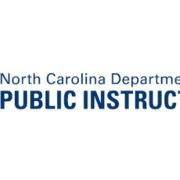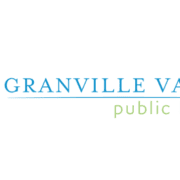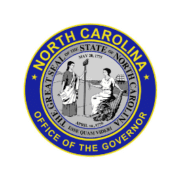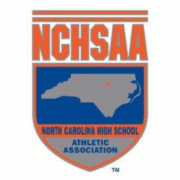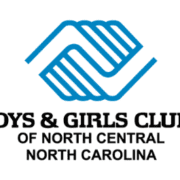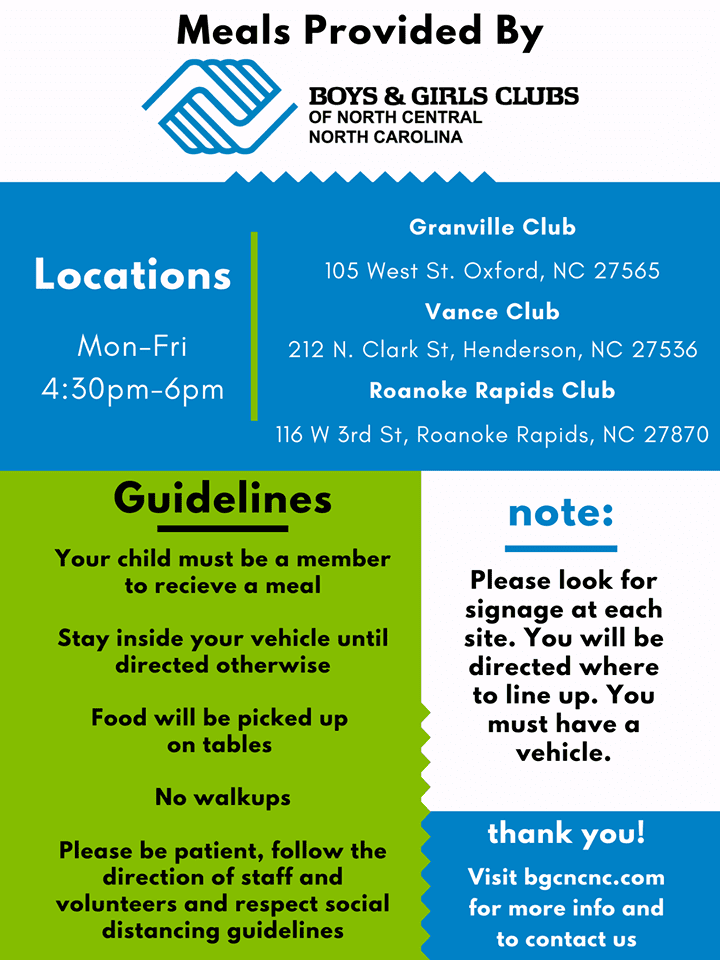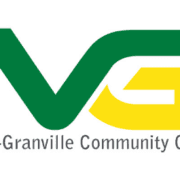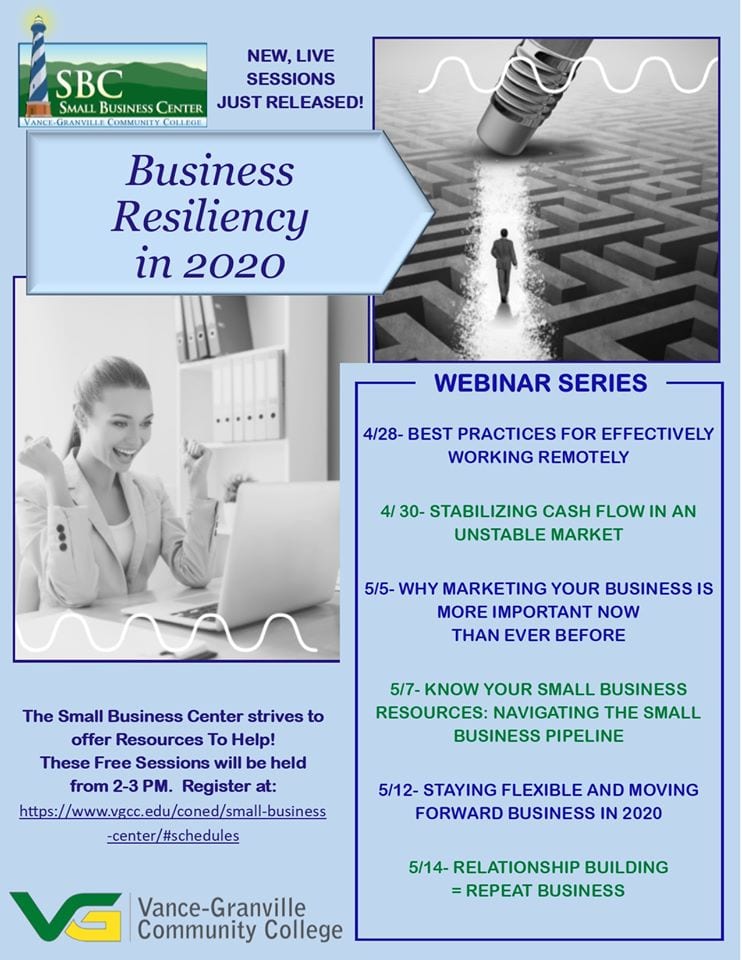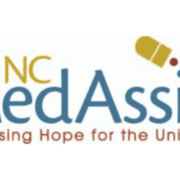How School Grades Will be Assigned for 2019-20
100.1 FM ~ 1450 AM ~ WIZS, Your Community Voice ~ Click to LISTEN LOCAL
-Press Release, NC DPI
Responding to continuing challenges caused by the COVID-19 school closure, the State Board of Education recently approved measures addressing student grading for the remainder of the school year, incomplete teacher evaluations and $380 million in additional emergency funding from the state.
Under a temporary grading policy approved by the board, elementary and middle school students will not receive traditional grades for the year, and high school students in grades 9-11 will have the option of choosing between a grade of pass/no credit or a numeric grade for their spring semester courses this year.
The grading policy for the current year will allow high school students in grades 9-11 and non-graduating seniors to choose which option is in their best interest under remote instruction since schools were closed March 13 because of the COVID-19 pandemic. Students also will have the option of receiving a grade of pass for the semester, based on their course grade as of March 13. Students who were not passing as of that date will be able to raise their grade to a pass or a passing numeric grade. Otherwise, the course will not appear on their high school record.
Board Chairman Eric Davis said the grading policy is intended to support all the state’s students facing many differing circumstances since mid-March, when schools were closed and students began remote learning.
“No grading policy will completely address equity issues that exist across our state during these challenging times,” Davis said, “especially when our educators cannot be physically present with their students each day and while many students struggle to access remote learning opportunities.
“We are making every effort to mitigate any potential negative impacts of COVID-19 on student grading while also trying to validate the efforts of students, families, teachers, and support staff during this period of remote learning.”
Sneha Shah-Coltrane, director of Advanced Learning and Gifted Education and who helped lead the development of the grading policy, told the board that it is intended to positively impact as many students as possible, to lessen potential negative impacts of remote learning on student grading and to be responsive to the concerns of students and parents.
“We do want to validate the efforts of students, families, teachers, and support staff during remote learning,” Shah-Coltrane said, “and to ensure that we are doing the best for North Carolina students and also addressing issues of equity and excellence.”
Elementary and middle school students will not receive traditional grades for this year.
Instead of final grades in elementary schools, teachers will provide year-end feedback for students regarding learning from the full academic school year, using a format determined locally.
In middle schools, students will receive a grade of pass or “withdraw” for the final course grades for all courses. A student’s grade will be held harmless for learning after March 13, and a grade of pass will be assigned to any student who was meeting expectations and passing the course as of March 13 or who worked to improve to the point of passing after March 13 through remote learning.
Under the policy, a “withdraw” does not equate to a failing grade, nor does it indicate that a student should be retained or that the course must be repeated. The grade WC19 simply indicates a lack of evidence of mastery of standards addressed in the particular content area.
For elementary and middle school students, teachers will document individual student strengths and needs from both an academic and social/emotional perspective to ensure an effective transition from this spring’s remote learning to the 2020-21 academic year. Middle school students taking high school level courses such as Math I or Math II will have the same grading options as high school students.
For high school students, the grading policy means they will be held harmless for their remote learning since March 13 and that they can only improve their numeric grade if they choose that option. Students will be able to choose how each final course grade will appear on their transcript at the end of the semester after consulting with their teacher and school and also in consultation with their parent or guardian. For students who choose a grade of “pass” or no credit, there will be no impact on their GPA, either for spring semester or yearlong courses.
Under a separate policy that the board adopted March 27, graduating seniors will receive for their spring semester courses a designation of pass or withdraw, if they were failing, as of their performance on March 13. For students who had a failing grade, districts and schools have been directed to provide remote learning opportunities to help them to pass.
The board also acted to suspend annual evaluations for those teachers for whom the required number of classroom observations had not been completed this year. As part of teacher evaluations, administrators complete a set number of observations for each teacher during the year. Some teachers may have had those observations completed before March 13, but others may not have.
Tom Tomberlin, director of Educator Recruitment and Support, told the board that evaluations based on remote teaching would not be considered valid, and that many teachers are still mastering the skills of remote instruction.
“We can’t guarantee the validity of the results,” Tomberlin said. “Many teachers are in the midst of the learning process themselves. It would be inappropriate to evaluate them.”
On other issues related to COVID-19 school closures, the board approved a joint request from the board and the Department of Public Instruction for a $380 million request to the General Assembly for emergency funding for a list of needs, including school nutrition, remote learning, support for exceptional children’s programs and funding for a Summer Bridge/Jump Start program for rising first through rising fourth graders needing extra support.
State Superintendent Mark Johnson told the board that the joint funding request represents an important milestone in the state’s efforts to get students and schools back on track for the next school year.
“We are moving from a reactive phase to a proactive phase to ensure we return strong to school in the fall,” Johnson said.

